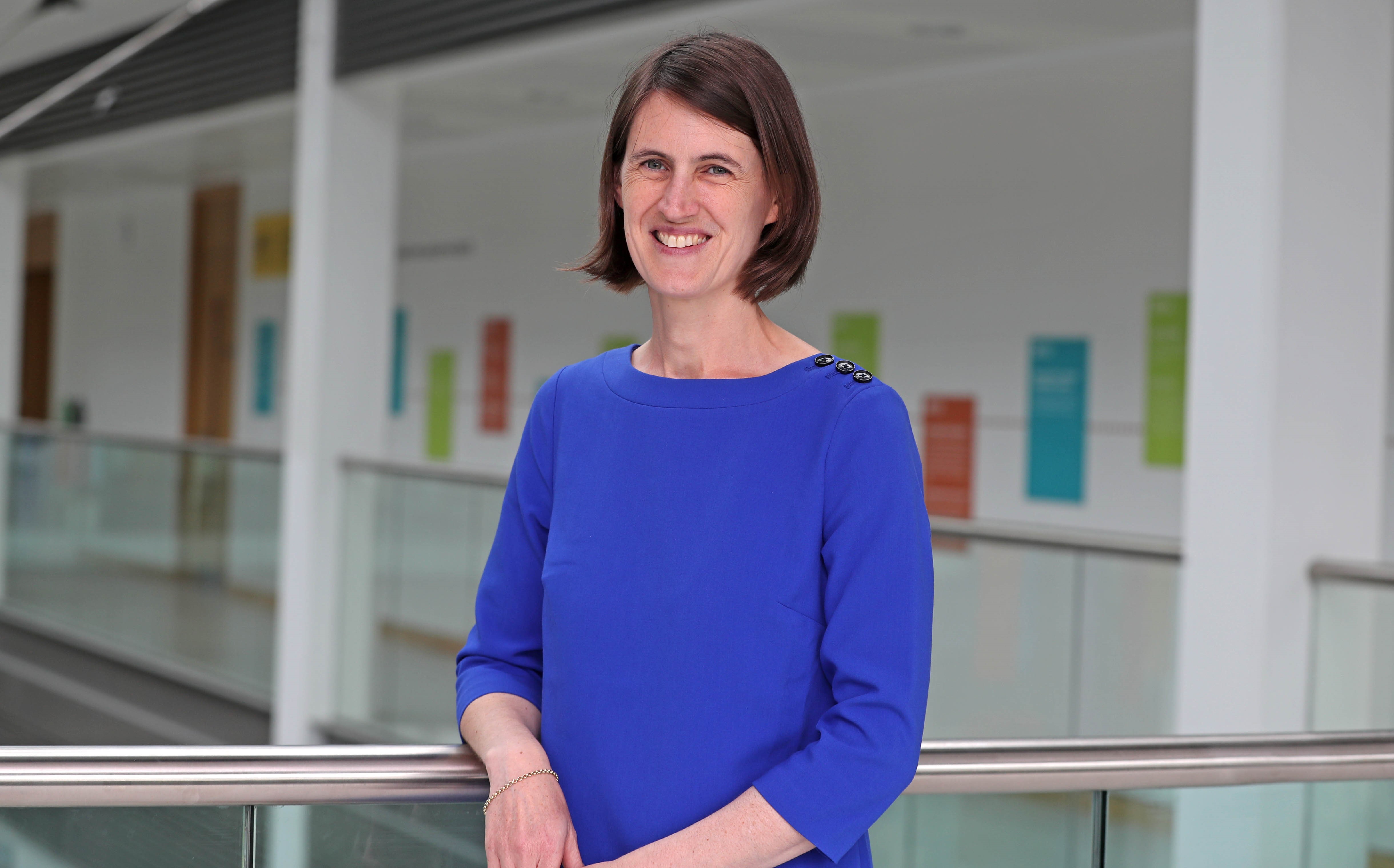New three-drug combination treatment achieves notable responses in patients with advanced HER2-negative breast cancer

HDAC Inhibitor Plus Immunotherapy Combination Shows Promise in Advanced HER2-Negative Breast Cancer
Treatment in a recent study combined a histone deacetylase (HDAC) inhibitor - a drug that causes a chemical change to stop tumor cells from dividing - with two types of immunotherapy known as checkpoint inhibitors, which unharness the power of the immune response against cancer.
The study was led by Professor Roisin Connolly of Cancer Research @UCC while based at Johns Hopkins Sidney Kimmel Comprehensive Cancer Center, with the results published today in Nature Cancer.
The multicenter study included 24 women with HER2-negative metastatic breast cancer in a dose escalation and dose expansion early phase trial. The results of the dose escalation portion of the trial are previously published in Clinical Cancer Research. The study team who aimed to improve response to immune checkpoint inhibitors by sensitizing the tumor microenvironment, found that the combination therapy resulted in a 25% overall response rate in women with advanced HER2 (human epidermal growth factor receptor 2)-negative breast cancer. This means that 25% of women who took the therapy saw their cancer destroyed or significantly reduced.
Patients with triple-negative breast cancer, who have fewer treatment options than patients with other breast cancers, had an overall response rate of 40%. These tumor responses are significant if confirmed as advanced breast cancer, in particular the triple-negative subtype (15% of breast cancers), remains an area of unmet clinical need due to paucity of effective therapies.
The average progression-free survival (PFS) was 50% at six months, meaning that half of the participants went six months without their disease worsening.
“This clinical trial highlights the importance of interdisciplinary collaboration to bring an exciting hypothesis from the laboratory to the clinic, and sets the scene for future trials investigating novel treatment approaches for this patient population” says Dr Roisin Connolly lead principal investigator for the trial.
Correlative science for this clinical trial was led by Dr Evanthia Roussos Torres, Assistant Professor of Oncology at University of Southern California.
“To our knowledge, this is the first published study that investigates treatment with an HDAC inhibitor in combination with dual immune checkpoint inhibitor therapy in patients with advanced breast cancer,” says co-author Elizabeth M. Jaffee, M.D., Deputy Director of the Johns Hopkins Sidney Kimmel Comprehensive Cancer Center. “Heavily pretreated advanced breast cancer remains an area of unmet need and a combination strategy that results in the ORR and PFS described is of interest.”
Read the full paper
